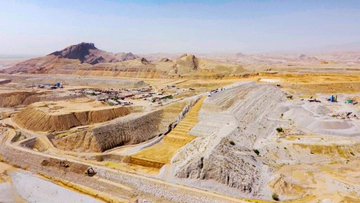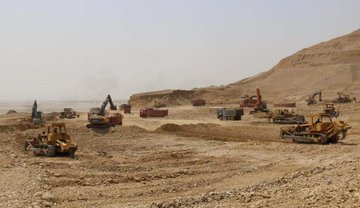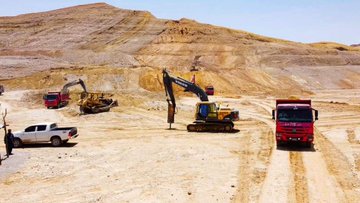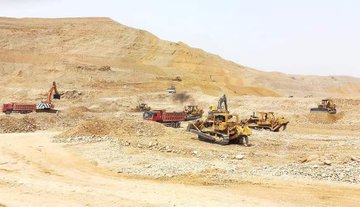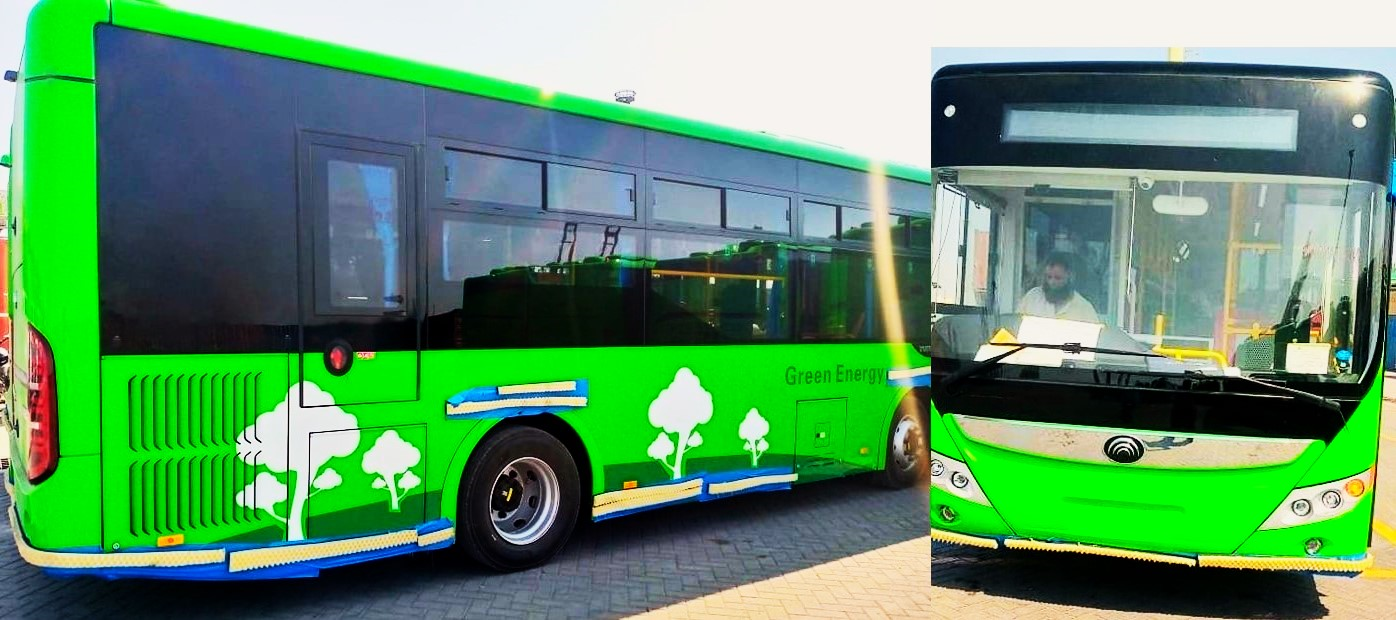.,.,.
Dhabeji Special Economic Zone
The Dhabeji Special Economic Zone project is a significant component of the China-Pakistan Economic Corridor (CPEC) and will be linked to the historic Keti Bandar, which connects to the Gwadar Port. Keti Bandar was constructed following the closure of the historic Shah Bandar, which was a significant trading hub at the time.
In Dada Sindhi’s book “Ports and Bazaars of Sindh,” it is stated that Ghulam Shah Kalhoro constructed Shah Bandar in order to engage in trade with Mughal emperor Aurangzeb Alamgir. This facilitated business activities starting from 1659 AD. Subsequently, Keti Bander was established.
During the early years of British rule, the port mentioned was highly profitable and served as a shipping point for the East India Company’s goods to Shah Bandar. Both Shaheed Bhutto and Shaheed Benazir Bhutto initiated various projects for the rehabilitation of Keti Bandar and Shah Bandar.
Now, as Keti Bandar is part of the China-Pakistan Economic Corridor (CPEC), a special economic zone has been established for the successful implementation of this project. The economic zone, known as Dhabeji Special Economic Zone, covers 1500 acres of land and aims to connect Karachi to the entire country through the Malir Expressway.
The development work of the Dhabeji Special Economic Zone is planned to be completed within 18 months. Situated approximately nine and a half kilometers from Port Qasim, this proximity adds to the value and usefulness of the project. The economic zone can serve as a storage hub for Port Qasim, facilitating efficient logistics.
Furthermore, the economic zone will be well-connected through road and railway networks, enabling the transportation of goods and materials. The zone will accommodate a range of industries, including light, medium, and heavy industries.
Additionally, it will provide warehouse and logistics facilities, as well as commercial and residential plots for people seeking residences or business opportunities.
The Dhabeji Special Economic Zone aims to provide a peaceful environment for residents and businesses alike. To ensure a smooth functioning of the economic zone, an allocation of 878.5 million has been made for water supply, ensuring an uninterrupted water supply through the Dhabeji Pumping Station.
Additionally, an MoU (Memorandum of Understanding) has already been signed with Sui Southern Gas for the supply of gas to the economic zone.
Furthermore, a grid station with a capacity of 250 MW will be established through a line from the National Transmission and Dispatch Company (NTDC) to provide electricity to the project.
The cost of setting up this grid station is estimated to be around Rs 6.15 billion. These measures are aimed at providing essential utilities to support the smooth functioning and development of the Dhabeji Special Economic Zone.
The Dhabeji Special Economic Zone has allocated 13.5 million cubic feet per day (mmcfd) of gas supply, which will be provided at a cost of Rs 429 million. This gas supply is essential to supporting the industrial activities within the economic zone.
Furthermore, as part of the annual development plan, a dedicated road connecting the economic zone directly to Port Qasim is scheduled to be completed by 2024. This road project has a budget of Rs 2.7 billion and will be linked to the National Highway through an interchange, enhancing connectivity and facilitating the movement of goods and people.
Special packages have also been announced to incentivize people working in the economic zone. These include a one-time exemption from tax and customs duty on the import of capital goods, as well as income tax exemption for a period of ten years. These measures are designed to promote investment, boost economic activity, and attract businesses to the Dhabeji Special Economic Zone.
The Dhabeji Special Economic Zone is regarded as a flagship project of the Government of Sindh and is planned to be executed through a Public-Private Partnership (PPP) model.
The feasibility study and transaction advisory for the project were completed by IBE Karachi, EA Consulting, and Rhea Barker Gilt, indicating a comprehensive planning process.
Zayed KB Builders has been selected as the successful bidder for the project, and a concession agreement has been established with them. EF Ferguson has been appointed as the project’s auditor to ensure transparency and accountability.
The economic zone is expected to attract significant investment, estimated to be around $5 billion. With such substantial investment, the project holds the potential to provide employment opportunities to approximately one lakh (100,000) individuals.
In a 2016 CPEC (China-Pakistan Economic Corridor) meeting, approval was granted for six economic zones, one of which is the Dhabeji Special Economic Zone. Today, work is commencing on this project.
The Dhabeji Special Economic Zone is strategically located, with 1500 acres of land allocated for it on a 50-year lease. Additional land will also be assigned for the zone’s expansion, contributing to the economic development of Pakistan, particularly in Karachi.
The Dhabeji Special Economic Zone holds a central position and is in close proximity to Karachi Port, Karachi Airport, Port Qasim, and the National Highway.
It is expected to be a game-changer in terms of industrial development, introducing a new concept not only in Sindh but throughout Pakistan.




